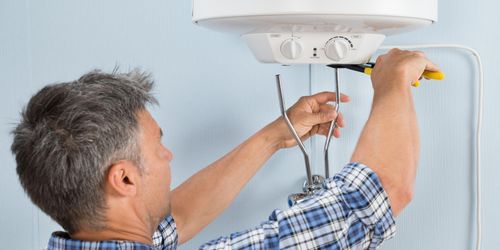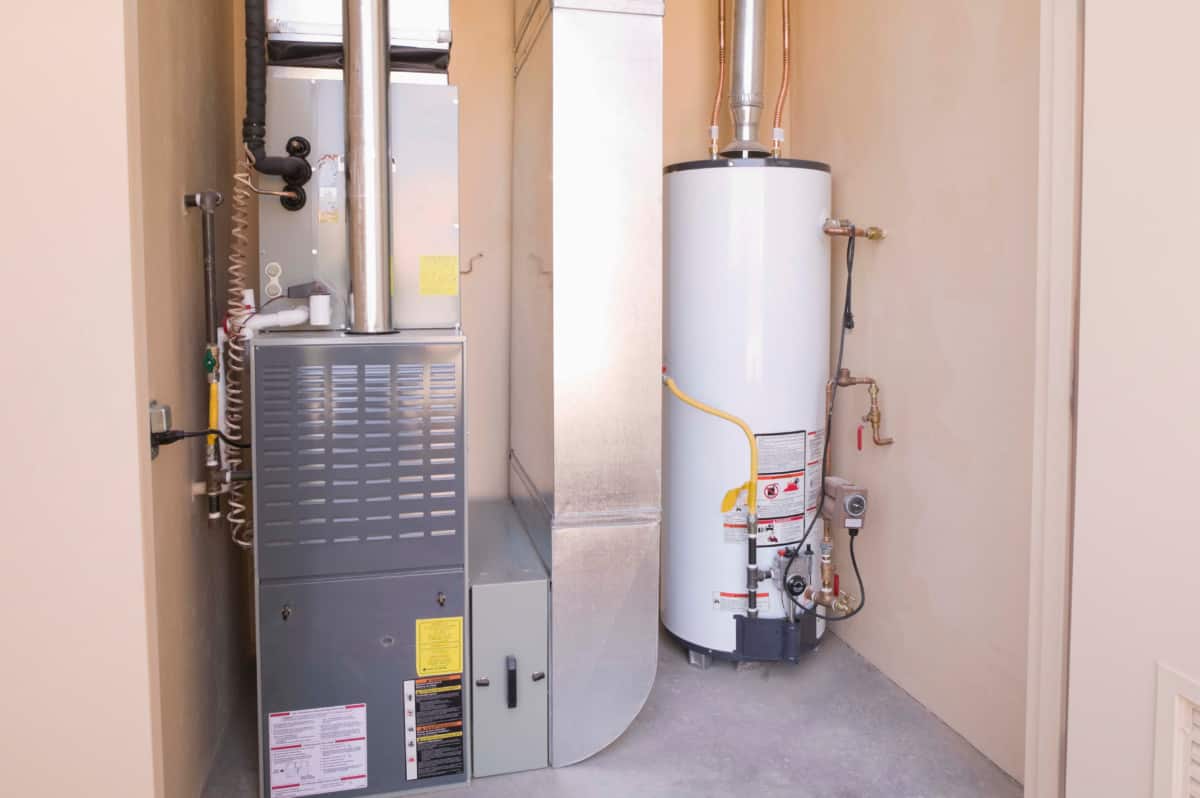Addressing the Everyday Heater Urgent Problems
Addressing the Everyday Heater Urgent Problems
Blog Article
We have discovered this great article involving Common Hot Water Heater Problems down the page on the internet and believe it made perfect sense to relate it with you here.

A hot water heater is one of the most essential fundamental home appliances that can be found in a house. With hot water heater, you don't need to undergo the anxiety of home heating water manually every time there is a need to wash, wash, or the meals. Nevertheless, there is always an opportunity that your hot water heater would certainly break down similar to many mechanical devices.
It is essential to keep in mind any kind of little breakdown and also tackle it rapidly before things get out of hand. Most times, your hot water heater starts to malfunction when there is an accumulation of debris as a result of continual usage. As a preventative measure, regular flushing of your hot water heater is recommended to prevent sediment buildup and avoid practical failing.
Typical water heater emergencies and also how to deal with them
Too little warm water
Taking care of a not enough supply of warm water can be frustrating. It might be that the water heater can't sustain the hot water demand for your apartment or condo. To handle this trouble, you could try to readjust your heating unit's temperature level dial and wait on a few mins. If the trouble continues, you can ask for the aid of a specialist plumber. You might upgrade your water heating system to one with a larger ability.
Fluctuating water temperature level.
Your water heater might start creating water of various temperature levels normally ice cool or hot warm. There may be a requirement to replace either the heating or the thermostat device of your water heating system.
Dripping hot water heater storage tank.
In this circumstance, you need to transform off your water heating system, permit it to cool down, as well as very carefully look for the resource of the issue. At times, all you need to do is to tighten up a couple of screws or pipeline connections in cases of small leakages. If this doesn't function and also the leak continues, you might need to use the services of a professional for a suitable substitute.
Discolored or smelly water
You need to understand if the problem is from the water or the container source when this occurs. If there is no amusing scent when you run cold water, then you are certain that it is your hot water heater that is faulty. The smelly water can be brought on by corrosion or the build-up of germs or sediments in the hot water heater tank. As soon as you notice this, you can attempt flushing out your tank or replacing the anode if the issue continues. The function of the anode is to clean germs from your tank. Given that the anode rod replacement calls for a thorough understanding of your water heating system, you will certainly need the help of an expert.
Final thought
Some house owners neglect little caution as well as minor faults in their water heater device. This only results in more damages and a possible full failure of your device. You ought to deal with your water heater mistakes as soon as they come up to avoid even more expenditures as well as unnecessary emergency problems.
With water heating units, you don't require to go through the tension of home heating water manually every time there is a demand to take a bath, do the washing, or the recipes. It might be that the water heating unit can not support the warm water demand for your home. Your water heating unit might start producing water of different temperatures usually ice chilly or scalding hot. If there is no amusing odor when you run cold water, after that you are particular that it is your water heating unit that is damaged. The stinky water can be created by rust or the buildup of germs or debris in the water heating unit container.
Water Heater Burst: Why This Happens And What To Do Next
Water Heater Explosion Warning Signs
Since storage water heaters are made of metal and store large volumes of heated water, they carry an increased risk of leaking or even exploding as they begin to rust at the fittings and seams over time. If the thermostat controlling the water temperature within the tank is faulty, or if mineral buildup inside the water heater prevents the thermostat from sensing the water’s temperature correctly, the water could become overheated. This will expand its volume within the tank, causing it to press at the tank’s fittings and seams. If these fittings and seams are rusted or corroded, the pressure could result in a leak or even an explosion.
Here are some risk factors and warning signs of an increased risk of water heater leak or explosion:
Your water heater is more than 10 years old. Your water heater makes clanking, banging or rumbling noises as it heats up, indicating that sediment has built up and hardened inside the tank. There is visible rust on the outside of the water heater, especially located at the pipe fittings or the seams that run down the tank. There is rusty water coming from your water heater, indicating that there may be rust building up inside. Your water heater is leaking, which could indicate either a crack somewhere in the tank or a malfunctioning temperature-and-pressure (T&P) relief valve. What To Do When Water Heater Leaks
If you find water dripping or seeping out of your water heater, or pooling around it, it means your water heater is leaking. If you find a leak, it may be best to call a plumbing professional to diagnose the problem and determine how best to handle it. If you choose to tackle it on your own, there are a few things you can do.
TURN OFF THE POWER
Next, shut off the power to the hot water tank at your home’s electrical breaker box. If you don’t shut off the power, the heating elements within the tank could continue to stay hot, which could pose a fire risk.
If you have a gas-powered water heater, you’ll also need to shut off the gas line leading into the tank.
FIND THE LEAK
Now it’s time to determine where the leak is coming from. Likely locations are the T&P valve, the drain valve or one of the pipes or fittings that feed into the top of the tank. If you see any rust or corrosion on the outside of your water heater’s tank, pipes or fittings, these could also be the source of the leak.
REPAIR THE LEAK
Once you determine the source of your water heater leak, you’ll have a better idea of what steps you need to take to fix the problem. It may be a simple fix—such as using a wrench to tighten fittings or replacing the T&P valve—but it may be something more complicated. You may even need to drain the tank, remove the water heater and install a new one.
https://www.abchomeandcommercial.com/blog/water-heater-burst/

I am very intrigued by Common Hot Water Heater Problems and I hope you enjoyed the entire page. Enjoyed reading our write-up? Please share it. Let somebody else locate it. Kudos for your time. Don't hesitate to come visit our website back soon.
Call, we deliver! Report this page